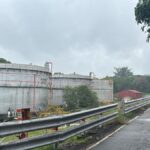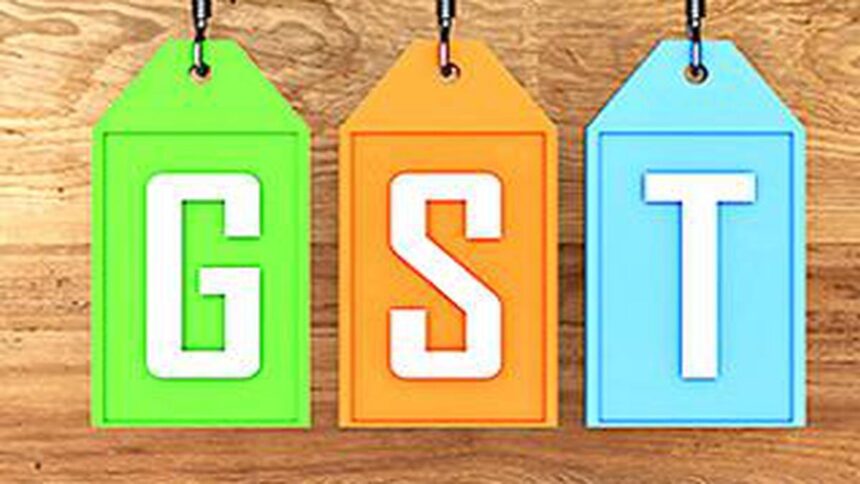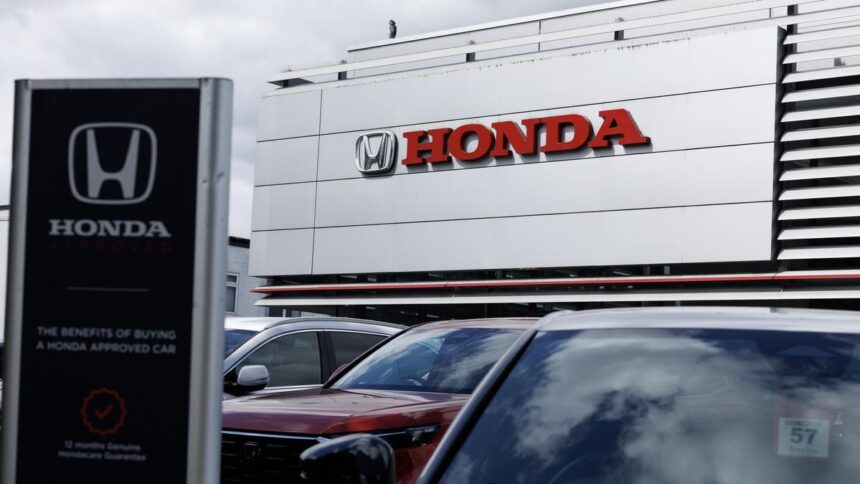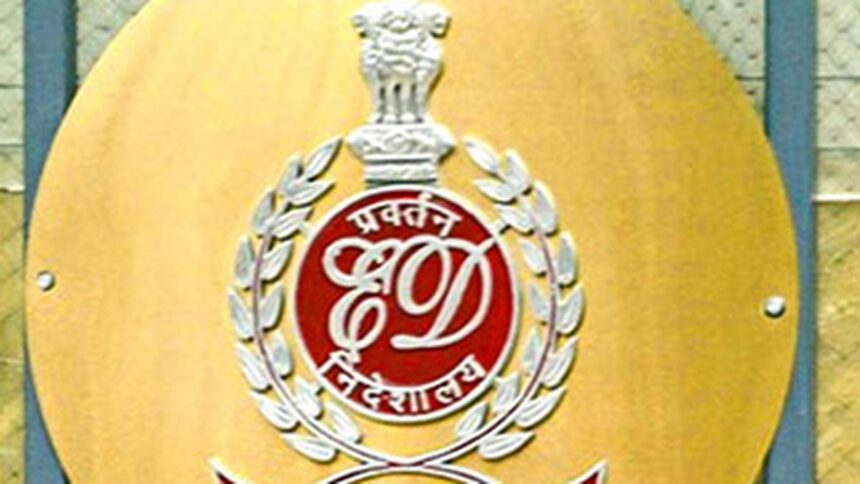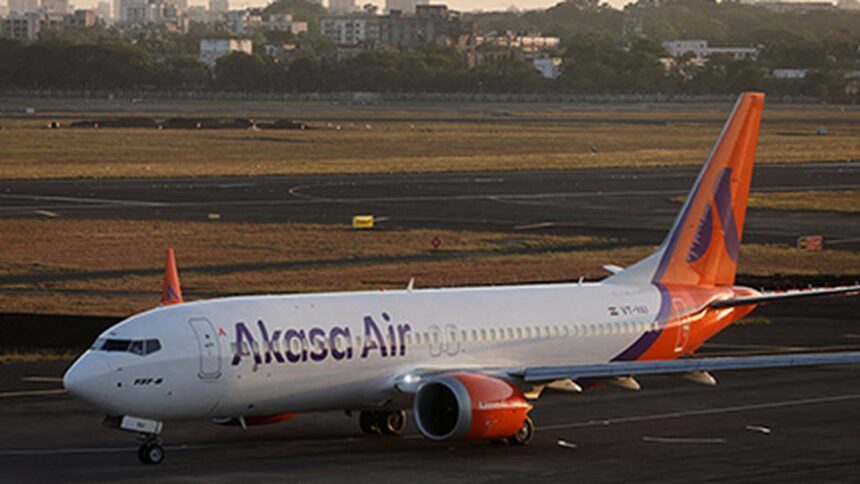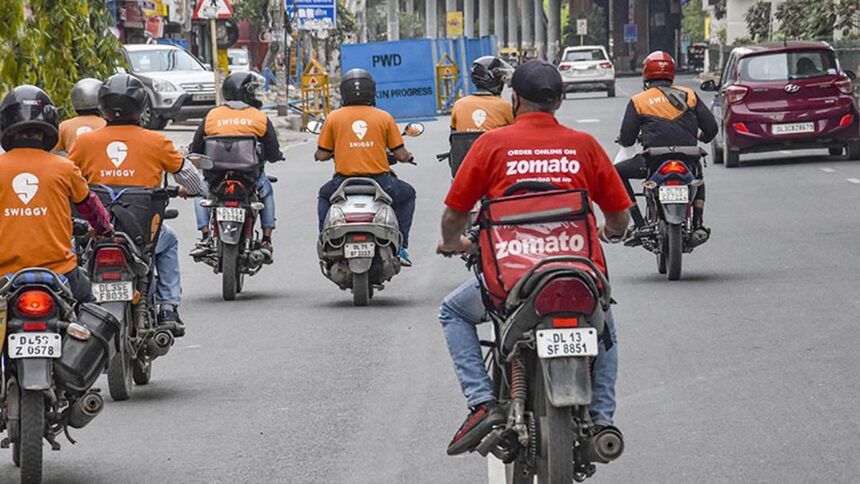
Arun Mammen, Chairman Automotive Tyre Manufacturers Association. Photo: Special Arrangement
India’s Natural rubber (NR) consumption is projected to reach 20 lakh tonnes by 2030 and there is a need to accelerate domestic production, Arun Mammen, Chairman Automotive Tyre Manufacturers Association (ATMA), said.
“In FY25, domestic NR production stood at 8.7 lakh tonnes, while consumption was 14.1 lakh tonnes, resulting in a deficit of over 5 lakh tonnes,” he said in an interview.
“This underscores the need for sustained long-term investments in plantation development, tapping, and productivity enhancement,” Mr. Mammen said.
Accelerating domestic natural rubber (NR) production is a national priority, given the strategic importance of NR to multiple sectors, especially the tyre industry. Bringing additional area under rubber cultivation—especially in non-traditional regions like the North East—is key. Several North Eastern state governments are proactively supporting this agenda, he said.
Mr. Mammen pointed out in a first-of-its-kind public-private partnership, the INROAD (Indian Natural Rubber Operations for Assisted Development) project was launched by ATMA member companies (Apollo, CEAT, JK Tyre, and MRF) in collaboration with the Rubber Board of India.
The project aims to develop two lakh hectares of new rubber plantations across the North East and West Bengal. Over 1.25 lakh hectares have been brought under cultivation in the first four years. ATMA member companies have committed ₹1,100 crore to the project, he said.
A significant opportunity lies in improving production by tapping nearly 2 lakh hectares of untapped rubber plantations, including 1 lakh hectares in Kerala alone. Union Commerce & Industry Minister has recently emphasized this opportunity during stakeholder consultations in Kerala, Mr. Mammen said.
Rubber trees take approximately six to seven years from plantation to tapping, Mr. Mammen said.
He also pointed out inverted duty structure on NR is one of the key challenges.
“While tyres can be imported at concessional or zero duty rates under various Free Trade Agreements (FTAs), natural rubber—our primary raw material—attracts a Basic Customs Duty (BCD) of 25% or ₹30/kg (whichever is lower). This is among the highest globally and severely impacts cost competitiveness, particularly when global rubber prices are low. Addressing inverted duty structure is essential to support domestic manufacturing and reduce reliance on imports of finished products,” he said.
In the last three to four years alone, the industry has invested approximately ₹27,000 crore across greenfield and brownfield projects. As per a PwC Vision Document, the industry is projected to grow at a CAGR of 11–12% till 2047, Mr. Mammen said.
Published – July 12, 2025 02:40 pm IST









